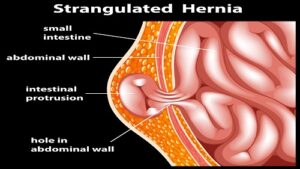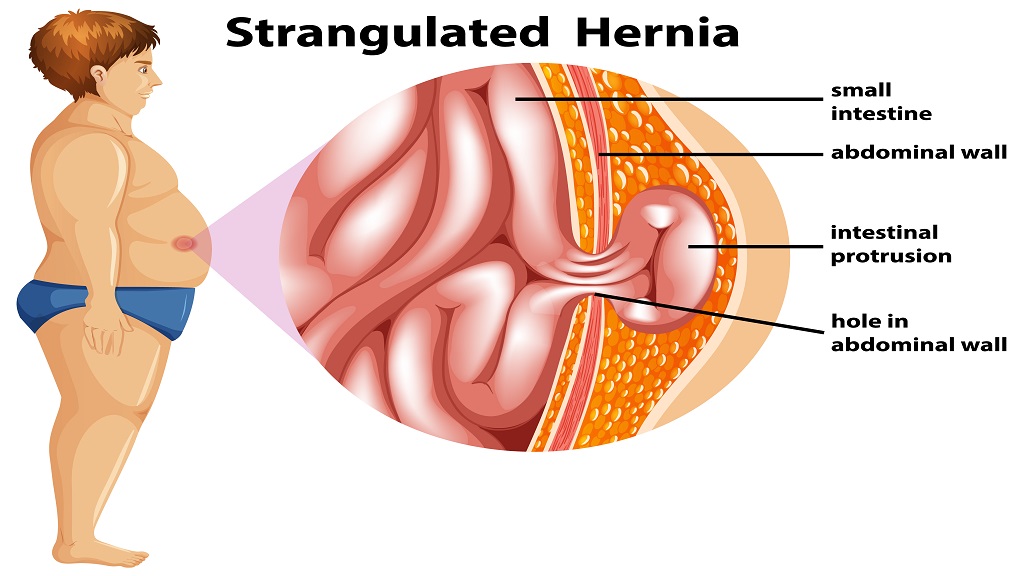The Hiatus: A History of Treatment for Hiatal Hernia

Introduction: Hiatal hernia is a common condition that affects the stomach and small intestine.
It’s caused by a tear in the mucous membrane that separates these organs.
If left untreated, the hernia can get larger and cause problems with digestion and absorption of food.
treatment for hiatal hernia typically includes surgery to remove the large piece of the collapsed stomach (the “hernia”).
Read Also, Treatment of major depressive disorder
What is Hiatal Hernia?
The cause of the hiatal hernia is still unknown, but it is thought to be caused by a behind-the-back injury.
It’s believed that when the stomach muscles tighten up and push down on the large intestine.
they put pressure on the small intestine, which can cause the hernia to form.
The Treatment of Hiatal Hernia.
There are many treatments available for hiatal hernia.
but the most common ones are surgery (which may be required if the hernia is too large) or medication (such as anticonvulsants or birth control pills).
Surgery typically involves a sheath placed over the opening in your back where the hernia will likely be located.
while medications may be taken orally or through injection into the side of your neck.
How to Prevent Hiatal Hernia.
One of the best ways to prevent hiatal hernia is by eating a healthy diet and avoiding high-fat foods and drinks (especially those with sugar),.
eating smaller meals more often, and getting enough exercise.
Additionally, make sure you take regular breaks throughout your trip so you don’t overuse your stomach muscles and worsen your condition.
The Hiatus: A History of Treatment for Hiatal Hernia.
Hiatal hernia was first recognized as a problem in the 18th century, and surgery began to be used to treat it.
However, the Hiatus of Surgery was a time when many patients did not receive proper care.
This hiatus was due to the lack of technology at the time, and also because surgeons were not sure how to diagnose and treat hiatal hernia.
The Start of the 21st century.
The Hiatus of Surgery ended in the 21st century, thanks to advances in technology and diagnosis.
Now that we understand how to treat hiatal hernia, surgery is no longer necessary as the best treatment option for most cases.
However, if you have a history of hiatal hernia or are currently being treated with medication, consult with an experienced doctor to see if surgery is still your best option.
The Future of Hiatal Hernia.
Hiatal hernia is a condition that results when the muscles around the hernia get tired and give out.
This can cause pain in the chest and right side of the stomach, as well as a lack of appetite.
Treatment for a hiatal hernia typically includes surgery to remove the hernia and fix any issues that arose from it.
However, there is still much to learn about this condition and its treatment.
so it is important to seek out expert advice before starting any treatments.
In the future, many experts believe that hiatal hernia will be treated with surgery only if it becomes very severe.
If left untreated, however, many people believe that Hiatal Hernia will become more common and will require additional medical care on an individual basis.
It’s important to keep in mind that although there may be some long-term risks associated with treatment for hiatal hernia.
there is also potential for great relief and improvement once treatment begins.
Conclusion
In the 21st century, there is an increasing trend toward Hiatal Hernia.
This disease is caused by a hernia, which is a small opening in the stomach that allows food and gas to enter the body.
The hernia can develop due to several reasons, including obesity or eating disorders. Treatment for Hiatal Hernia includes surgery, medication, and diet.
In the future, more treatments will likely be developed to help improve outcomes.
Although surgery remains the mainstay of treatment for Hiatal Hernia, other options such as drug treatment are also available.
By understanding the history and treatment of this condition, you can better plan your care for yourself and your loved ones.

